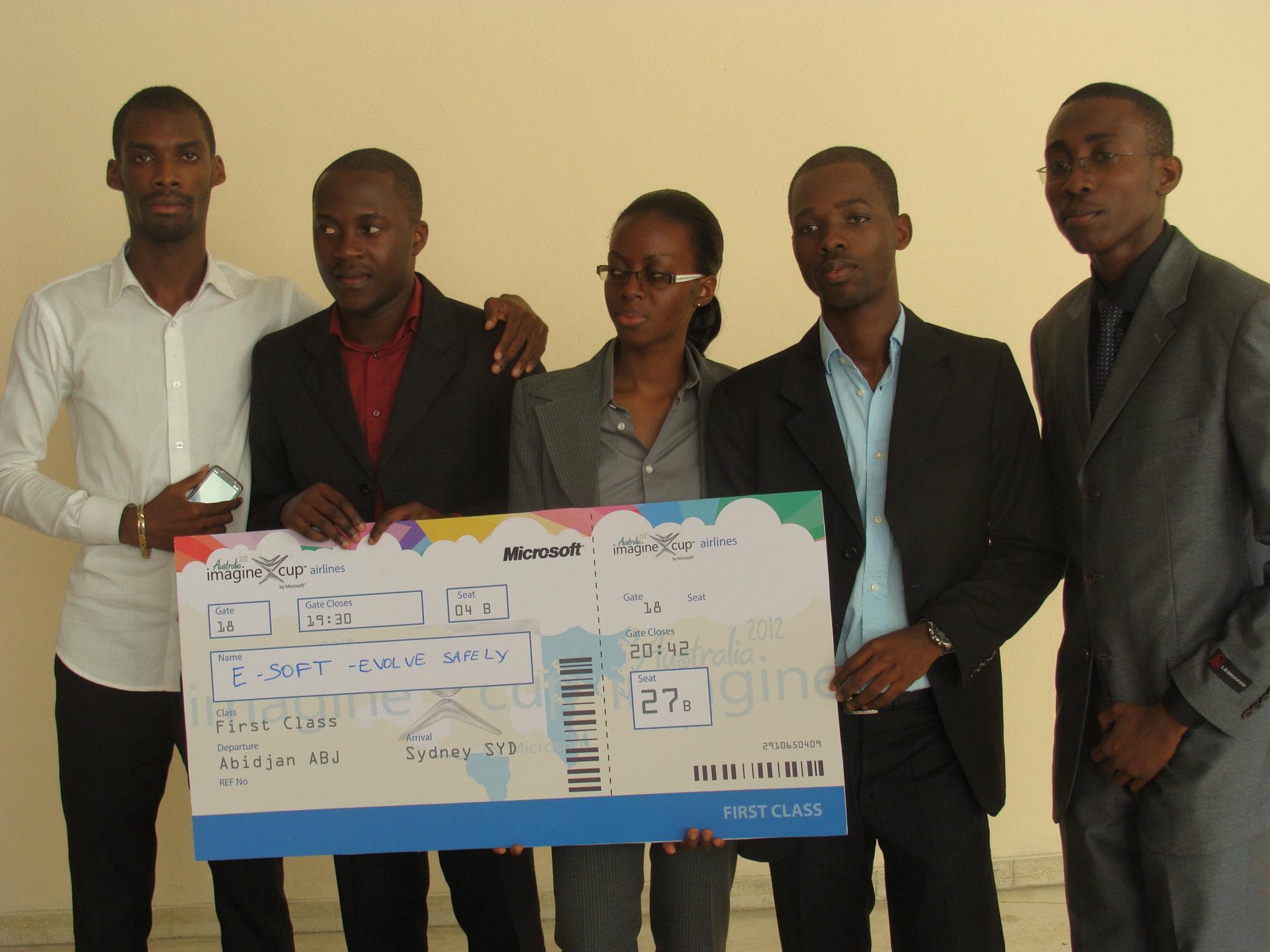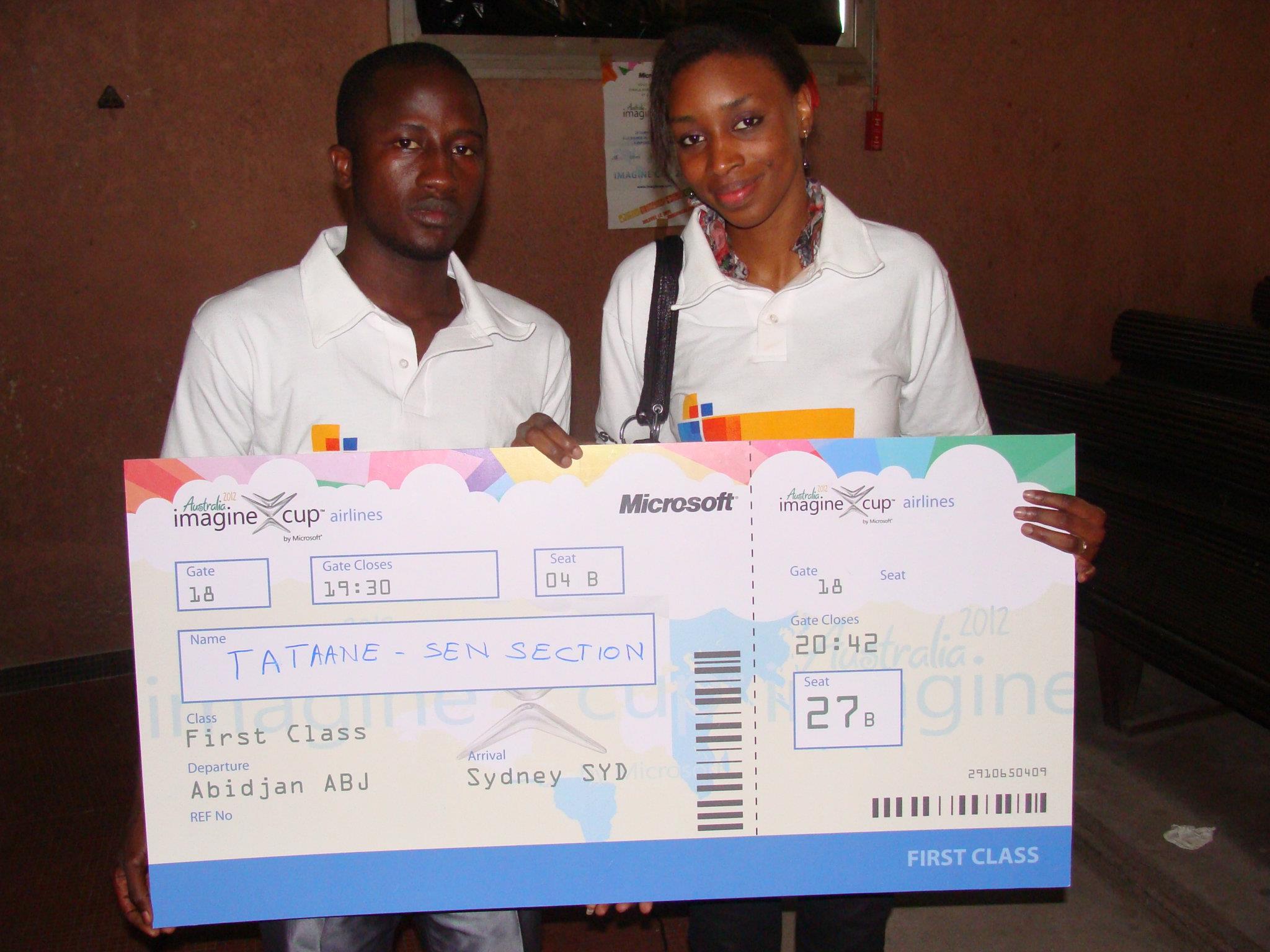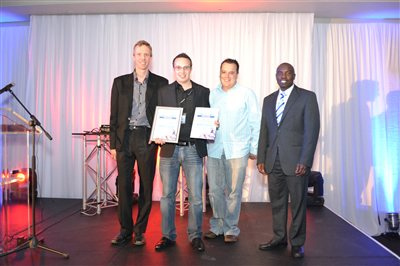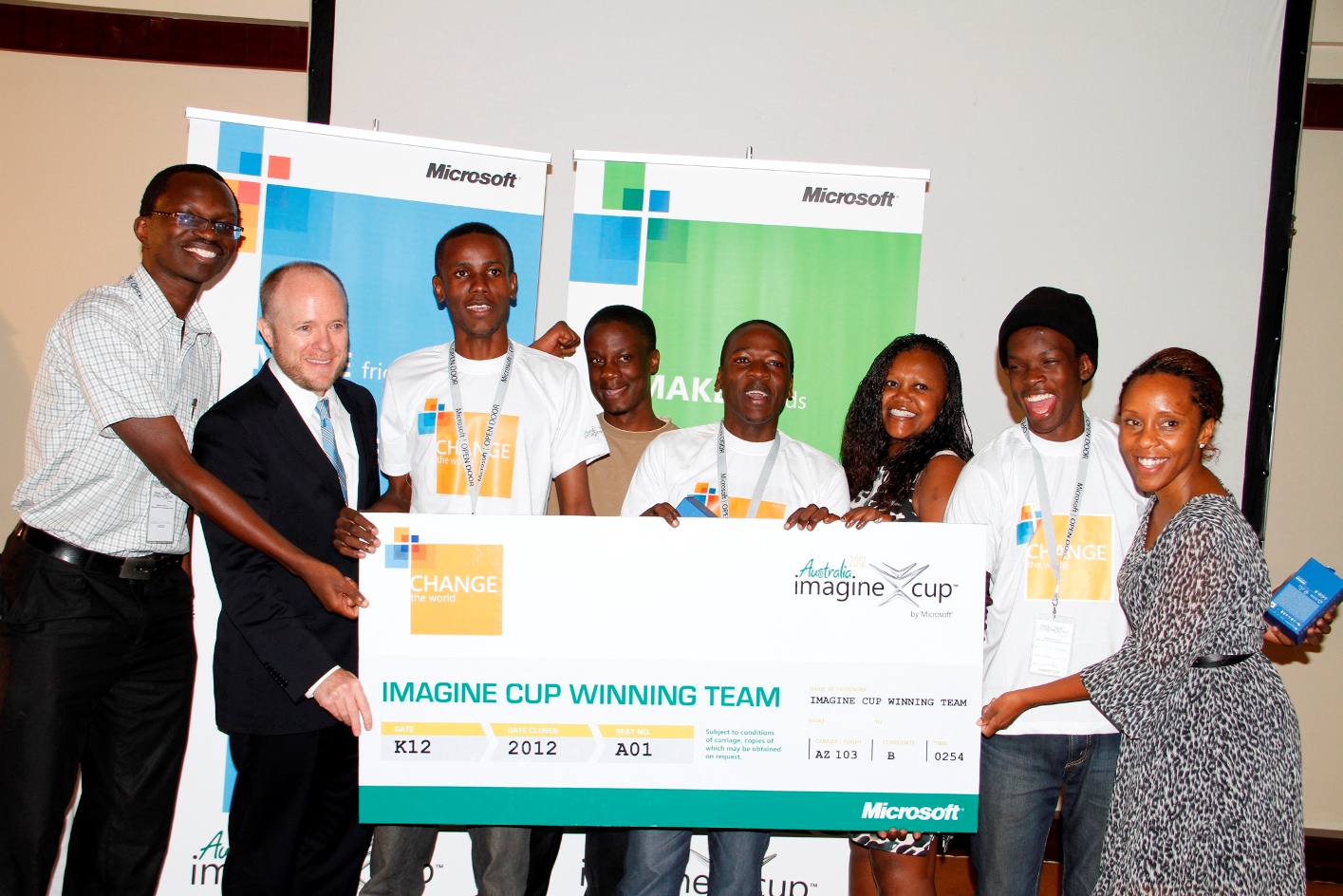Best of Africa at Imagine Cup 2012
Posted by Dele Akinsade,
Developer and Platform Evangelist, West, East and Central Africa
“The true sign of intelligence is not knowledge but imagination.” – Albert Einstein
Marking Imagine Cup’s ten-year anniversary in 2012, Microsoft is celebrating the 1.4 million (and counting!) students who have participated in the world’s premier technology competition. By focusing on student-led solutions to the world’s toughest problems, Imagine Cup has brought to light some of the most groundbreaking and creative approaches to the UN’s Millennium Development Goals, including last year’s People Choice Award finalists from Nigeria, Team Nerd, who developed an innovative remote healthcare app for doctors and patients.
The participation of African teams in the competition has increased steadily over the years. This year, registrations in Sub-Saharan Africa grew by 197% compared to 2011, and the number of competitors grew by 64% year on year.
With this kind of momentum, we are especially proud of the five teams representing Sub-Saharan Africa in 2012, when students from universities in Cote d’Ivoire, Nigeria, Senegal, South Africa and Uganda will travel to Sydney, Australia to compete in this year’s worldwide finals in July. Their entries for practical use in both the public and private sector represent the brightest young minds of Africa.
Please join us in following and supporting these talented African developers on their road to Imagine Cup 2012!
• Team E-Soft, from the Institut National Polytechnique Félix Houphouët Boigny de Yamoussoukro in Côte d’Ivoire, has developed a real- time monitoring solution for environmental threats in industrial areas. As evidence of the growing need to monitor the impact of industrial development on local communities, Team E-Soft has already secured partnership funding from the World Bank and Ministry of Energy to test their “Evolve Safely” solution in Cote d’Ivoire.
• Team Gravity, from Obafemi Awolowo University in Nigeria, has concentrated on a common problem in both urban and rural areas of Africa, with a healthcare solution called “SwiftER,” that aims to improve the rate and quality of response from medical and security providers in the event of an emergency.
• Team Sen Section, from the Universite Cheikh in Senegal, has focused on making development and aid agencies more efficient by developing a mobile app, called “Tataane,” that allows fieldworkers to collect data and surveys that automatically updates the home office database. Pan-African NGOs such as Africa Rice are already preparing to use the mobile app in their agricultural research in rural areas.
• Team Asclepius, from the University of Johannesburg in South Africa, has developed an image processing application, which helps radiologist detect signs of tuberculosis at an early stage. Particularly in South Africa where tuberculosis has one of the highest infection rates in the world, early diagnosis is critical to the success of medical treatments available to rural and underdeveloped communities.
• Team Cipher256, from Makerere University in Uganda, has connected Windows Phone to Windows Azure with an application that aids midwives in their diagnoses for expectant mothers. Using an algorithm that converts the Frequency (Hertz) to Beats Per minute of the fetus, measures the fetus’ position in the uterus and calculates the fetus’ age, this app “WIN-SENGA” can help detect an ectopic pregnancy or abnormal fetal heart beats.
We wish these teams the best of luck in Sydney. We will be cheering you on from Facebook and Twitter!




